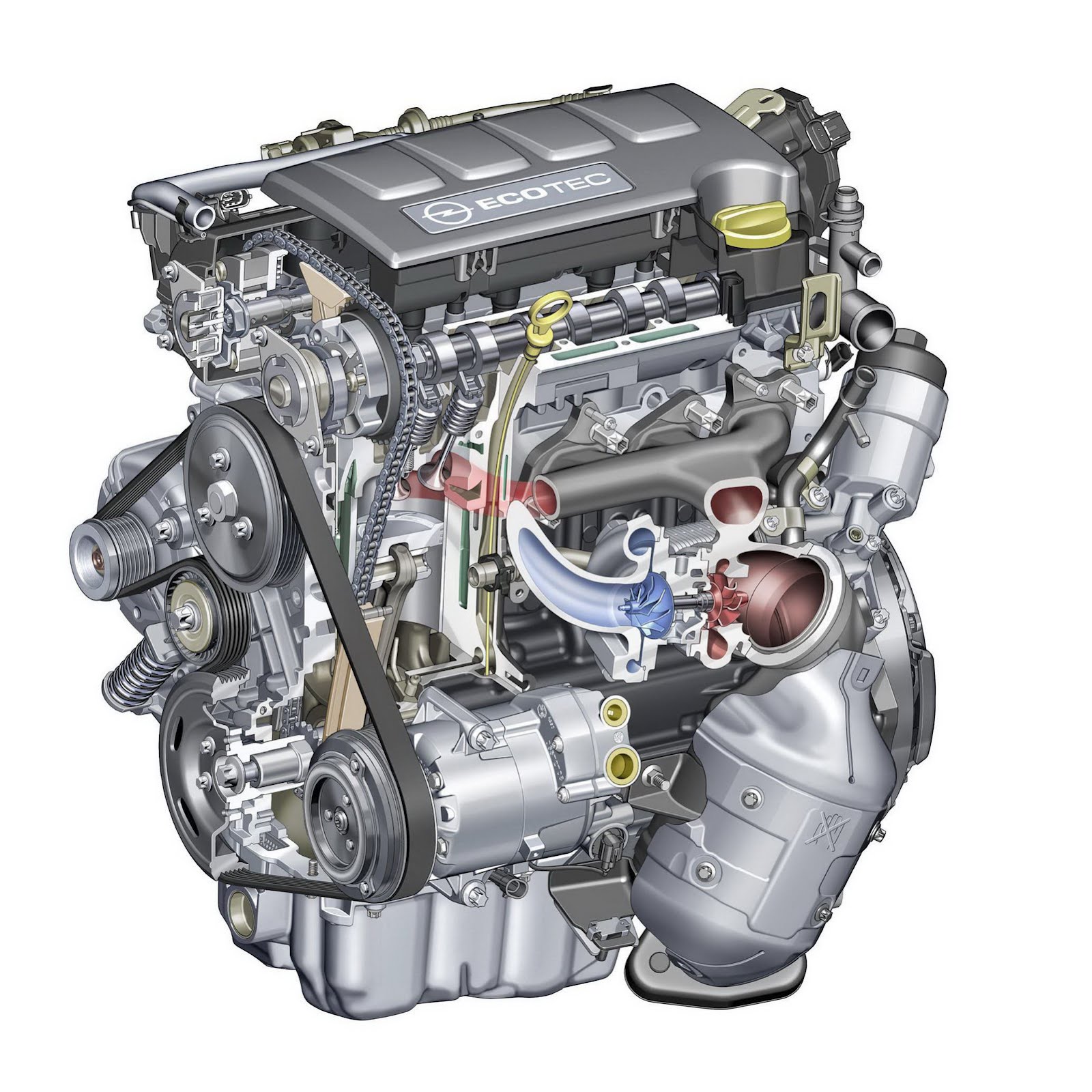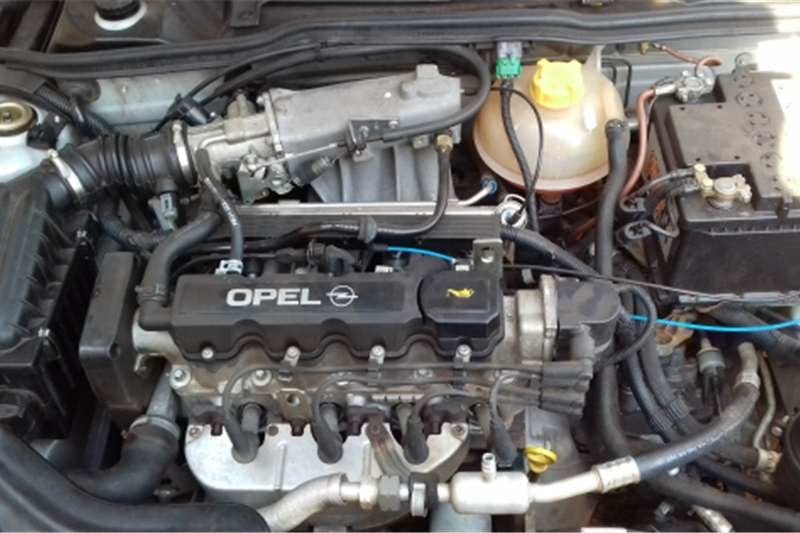Unveiling Opel Corsa 1.4 Engine Price Offers: Your Source for Premium Car Parts
Unveiling Opel Corsa 1.4 Engine Price Offers: Your Source for Premium Car Parts
Blog Article
Engine Buying Professional Tips on Choosing the Right Engine for Your Certain Needs
Picking the ideal engine for your particular needs entails a complicated interplay of aspects that go beyond plain horse power figures. By diving into the details of power versus effectiveness, assessing gas scores, and budgeting for long-term expenses, one can truly maximize their engine choice.
Power Vs. Performance: Discovering the Equilibrium
When choosing an engine, it is essential to strike an equilibrium between power and performance to meet your details requirements properly. Power refers to the engine's capacity to produce power for propulsion, identifying variables like acceleration, lugging capacity, and general efficiency - Opel Corsa 1.4 Engine Price. On the other hand, performance associates with just how well the engine utilizes fuel to create power, impacting aspects such as gas economic climate and ecological kindness
Achieving the best equilibrium between power and effectiveness is crucial because an engine that is as well effective might consume excessive fuel, bring about greater operating costs and unneeded pressure on the setting. Conversely, an engine that prioritizes effectiveness over power might cause sluggish performance, particularly in requiring scenarios like towing heavy tons or driving uphill.
To make a notified choice, take into consideration factors such as your common driving conditions, the designated use the automobile, and your individual choices. By reviewing your requirements and priorities, you can select an engine that strikes the ideal balance between power and effectiveness, making sure ideal efficiency while lessening ecological influence and operating prices.
Comprehending Engine Dimension and Kind
To even more improve the selection procedure of an engine that strikes the optimum equilibrium in between power and performance, it is vital to explore the complexities of recognizing engine dimension and kind. Engine size refers to the total quantity of air and fuel that can be pressed via the engine cyndrical tubes. It is normally determined in liters or cubic centimeters. Larger engine sizes generally cause even more power outcome but can also bring about lowered gas efficiency. On the other hand, smaller sized engine sizes are frequently more fuel-efficient yet might compromise some power.
Typical engine kinds include inline engines, V engines, and rotary engines, each with its one-of-a-kind advantages and disadvantages. Recognizing the interplay between engine dimension and kind is important in picking an engine that aligns with your particular demands and priorities, whether it be power, effectiveness, or an equilibrium of both.

Consider Your Lorry's Demands
Considering your car's needs is an essential step in the engine choice process to make sure optimal efficiency and functionality. It is essential to examine aspects such as the meant usage of the car, its weight, towing capability, and gas efficiency demands. As an example, if you are seeking an engine for a heavy-duty vehicle that will certainly be used for towing, you will certainly require a powerful engine with high torque capacities. On the other hand, if you are picking an engine for a read review compact automobile largely used for city commuting, gas performance may be a much more essential factor to think about.
Furthermore, the surface on which the automobile will largely run need to affect your engine selection. If you regularly drive in sloping or hilly locations, a durable engine with great climbing up power will be required. On the other hand, for flat terrains, a more fuel-efficient engine might be adequate. By straightening the engine requirements with your car's requirements, you can ensure that your vehicle runs successfully and satisfies your performance expectations.
Evaluating Gas Effectiveness Ratings
Analyzing fuel efficiency rankings is a vital element of selecting the ideal engine for your car, ensuring price savings and ecological sustainability. Fuel performance scores, typically gauged in miles per gallon (MPG) for gasoline engines or kilowatt-hours per 100 miles helpful site (kWh/100 miles) for electrical engines, indicate how much an automobile can take a trip on a certain amount of fuel or electricity. Greater MPG or reduced kWh/100 miles values indicate much more efficient engines, converting to reduced gas prices and lower carbon exhausts.
Additionally, compare different engine choices within the very same lorry course to identify the most economical choice. see this Elements such as engine dimension, weight, the rules of aerodynamics, and crossbreed or electrical abilities can all affect gas performance.
Budgeting for Long-Term Prices
Purposefully preparing for long-term expenditures is critical when choosing an engine, guaranteeing financial sustainability over the automobile's life expectancy. While the initial acquisition price of an engine is a substantial aspect, it is important to consider the long-lasting costs linked with maintenance, fixings, and fuel intake.
Additionally, researching the schedule and cost of substitute parts for the picked engine is important in budget planning. Engines with easily offered and cost effective components can considerably influence long-term upkeep expenditures. Furthermore, taking into consideration the engine's sturdiness and anticipated lifespan can assist stay clear of unexpected replacement prices in the future. By carefully budgeting for these long-lasting expenditures and factoring them into the decision-making process, people can pick an engine that not only satisfies their instant demands but likewise stays cost-efficient throughout its lifespan.
Final Thought
Finally, picking the appropriate engine for your details demands calls for stabilizing power and effectiveness, recognizing engine dimension and kind, considering your lorry's needs, reviewing gas performance rankings, and budgeting for lasting expenses. By meticulously taking into consideration these variables, you can make certain that you pick an engine that satisfies your requirements and offers optimal performance for your lorry.
To additionally refine the selection procedure of an engine that strikes the ideal balance in between power and effectiveness, it is important to delve into the details of comprehending engine size and kind. Engine size refers to the complete volume of air and gas that can be pressed through the engine cyndrical tubes. Common engine kinds include inline engines, V engines, and rotating engines, each with its special advantages and downsides. Understanding the interaction between engine dimension and type is essential in choosing an engine that straightens with your certain needs and concerns, whether it be power, efficiency, or an equilibrium of both.

Report this page